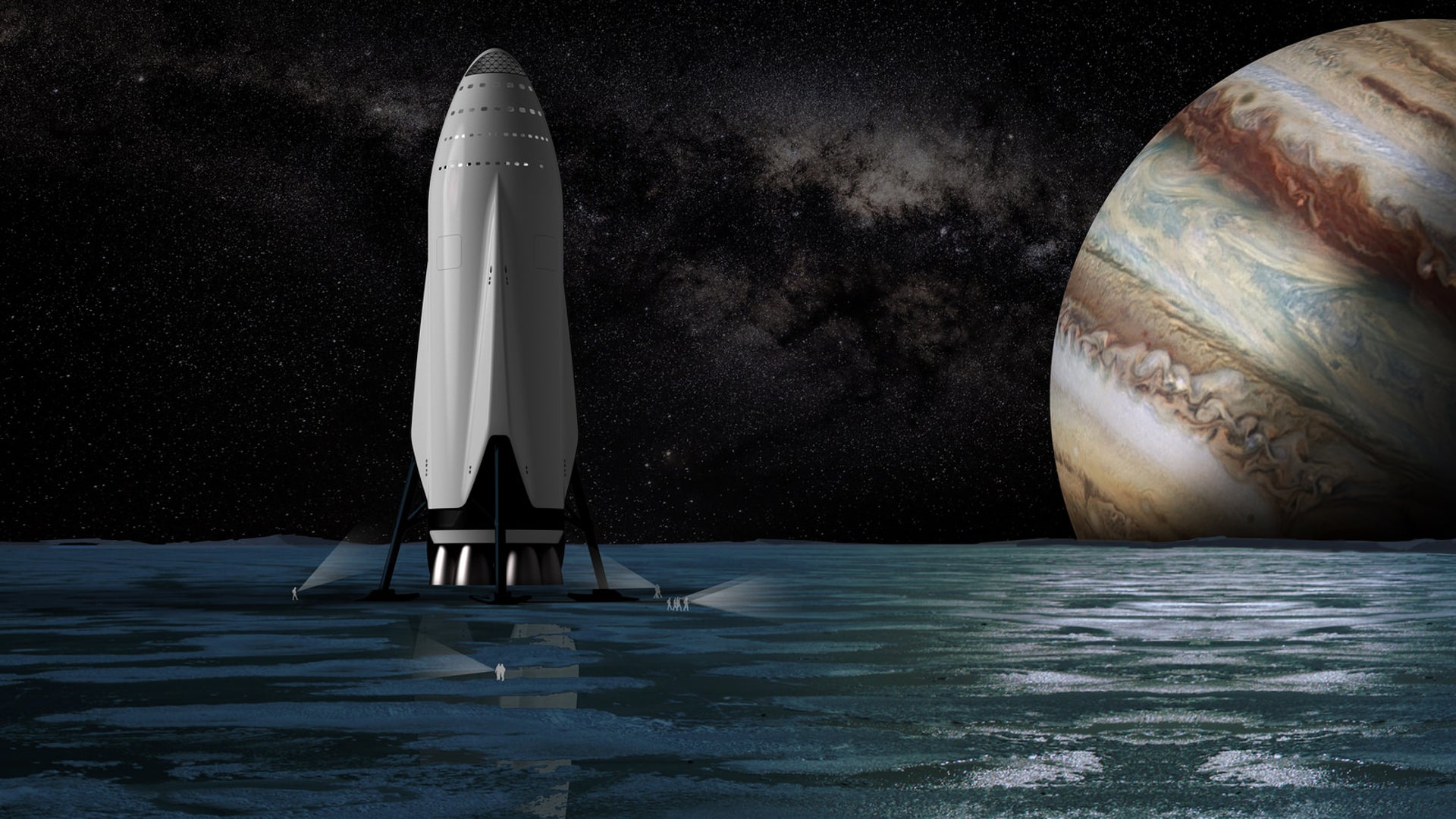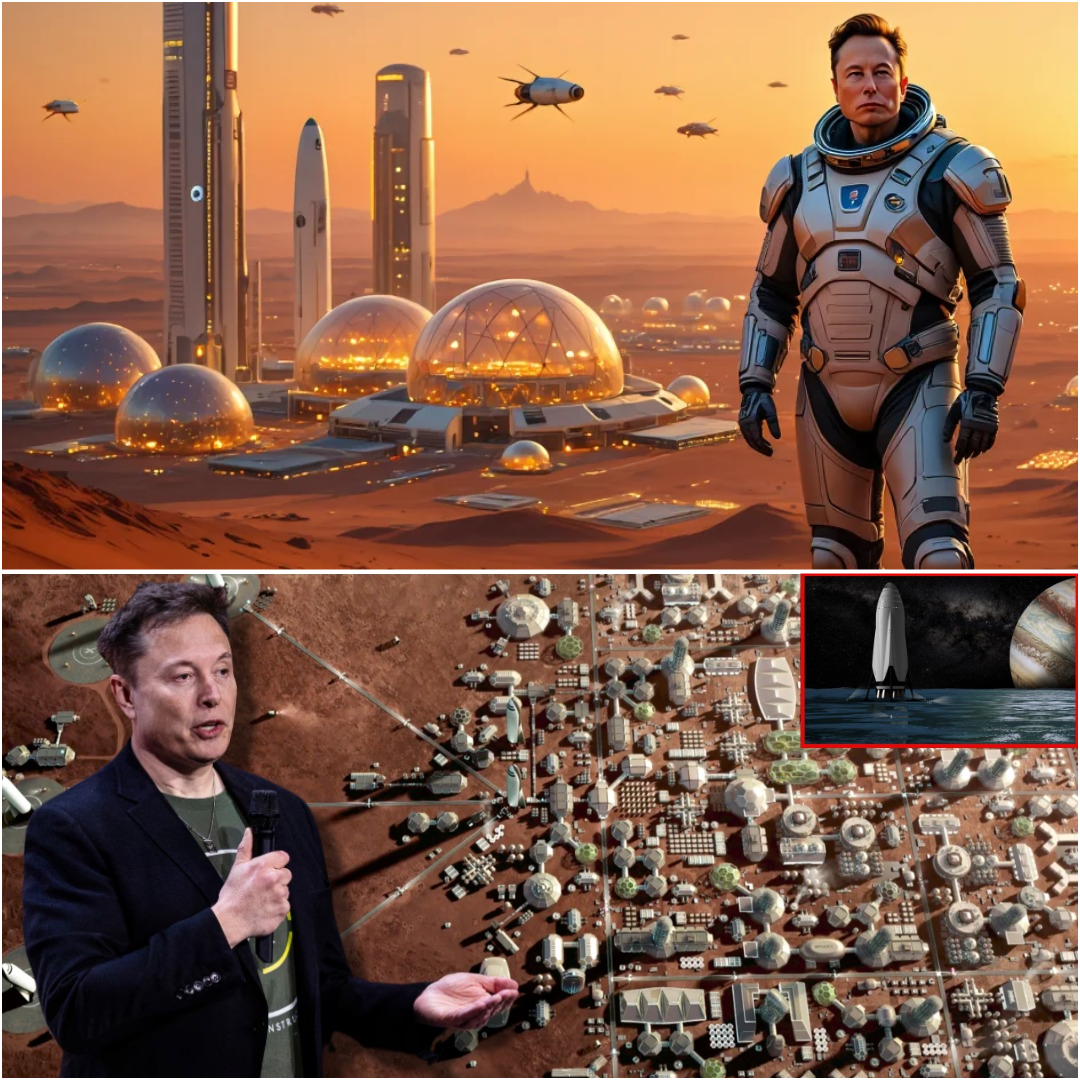Elon Musk has consistently captivated the world with bold visions for the future, from revolutionizing transportation with Tesla to pioneering space exploration through SpaceX. Among his loftiest aspirations is his dream of establishing Mars as humanity’s second home. But beyond the headlines about colonizing the Red Planet lies a provocative question that ignites debate—could Musk’s true endgame be the creation of a “space empire”?
This discussion uncovers both the plans Musk has openly embraced and the tantalizing, sometimes controversial theories about the implications of his ambitions.
Elon Musk’s Space Vision and Mars Colonization Goals

Musk envisions a future where humanity is no longer confined to Earth. His long-term goal is making humans a multi-planetary species, starting with Mars. He has notably emphasized that such a leap is not just an option but a survival strategy for humanity. Citing existential threats like climate change, nuclear war, or asteroid impacts, Musk argues that colonizing other planets will serve as humanity’s ultimate insurance policy.
SpaceX’s Mars Ambitions

SpaceX, Musk’s aerospace company, plays a central role in executing this grand vision. Key advancements like the Starship rocket, designed for both cargo and passenger transport to Mars, reflect SpaceX’s commitment to making interplanetary travel feasible.
What makes SpaceX unique is Musk’s emphasis on accessibility and scalability. Unlike government-funded space programs, SpaceX aims to reduce the cost of space travel, making human settlement on Mars a practical and sustainable reality. Musk has even floated the idea of building cities on Mars, housing millions within the next century.
Why Elon Musk Believes Space Colonization Is Urgent
For Musk, the push to colonize other planets isn’t just about ambition; it’s about survival. He has repeatedly warned that humans have no “Planet B” if Earth becomes uninhabitable. Mars colonization is both a safety net and a launching pad for humanity to explore even farther into the solar system.
The Theory of a Space Empire and Its Implications
While Musk’s goals for interplanetary expansion seem noble on the surface, some theorists propose a darker narrative. This conspiracy theory posits that Musk’s vision isn’t solely about the survival of humanity but about establishing a space empire—a new kind of civilization governed by the world’s wealthiest individuals.
What Is a Space Empire?
The term “space empire” here refers to a hypothetical society operating on extraterrestrial territories like Mars or beyond. Proponents of this theory suggest that early Martian settlers, primarily funded by corporations and billionaires, could establish their own rules and systems of governance—free from Earth’s political and economic structures.
This leads to an interesting, if speculative, debate about whether Mars could become a playground for the ultra-wealthy, with power concentrated in the hands of tech titans like Musk.
Could SpaceX Set the Stage for Private Governance in Space?
SpaceX’s growing dominance in space exploration fuels some of these concerns. Unlike government-led space programs such as NASA, SpaceX operates as a private entity with minimal public oversight. By landing humans and building infrastructure on Mars, Musk could theoretically influence—or even dictate—life on another planet.
Unlike Earth, where international treaties like the Outer Space Treaty regulate space activities, there remains a legal gray area when it comes to private territorial claims in space. Could Musk and other billionaires carve out exclusive control over extraterrestrial resources, such as ice or minerals on Mars? These questions remain unanswered but provide plenty of fodder for skeptics.
What Would a Space-Based Society Look Like?
One of the more controversial aspects of the space empire theory is the idea that such a society would prioritize technological advancement and economic efficiency over traditional governance models. Imagine a Mars colony where innovation reigns supreme, but social inequalities mirror—or even exceed—those on Earth. This vision may resemble a technocracy, where decisions are made by experts and entrepreneurs rather than elected officials.
Critics argue this could lead to a vast concentration of power among a small elite, leaving ordinary colonists—those who sign up to live on Mars but don’t own substantial wealth or technical expertise—at a significant disadvantage.
The Case for Optimism
Not everyone believes Musk’s plans are as dystopian as conspiracy theorists suggest. Many see him as a trailblazer whose relentless drive is pushing the boundaries of what humanity can achieve. Supporters argue that Musk’s focus on interplanetary travel isn’t about amassing power but about securing human survival.
Key to Musk’s credibility is his history of innovation delivering tangible results. SpaceX’s Falcon 9 rockets, satellite internet via Starlink, and plans for space tourism demonstrate Musk’s ability to turn futuristic ideas into reality. These advancements bring humanity closer to democratized access to space, not just for billionaires but for future generations.
Why Space Exploration Shouldn’t Be Feared

Space exploration has always been a collaborative effort. Musk himself has expressed a willingness to work alongside governments, international organizations, and public initiatives to ensure Mars colonization becomes a global achievement rather than an exclusive enterprise.
Human ingenuity thrives on the pursuit of seemingly impossible challenges. By exploring and establishing colonies beyond Earth, Musk and companies like SpaceX could ignite a new era of discovery and collaboration.
Final Thoughts on Elon Musk’s Space Ambitions
Musk’s plans undoubtedly raise important questions about the future of space exploration and governance. On one hand, he embodies an optimistic vision for humanity’s potential to transcend Earth’s limitations. On the other, the unprecedented role of private companies like SpaceX in venturing into space raises ethical and legal complexities that demand answers.
Will Mars colonization become an egalitarian haven for humanity, or will it morph into the first frontier of a new kind of empire, run by the wealthy and powerful? The truth is likely somewhere in between, shaped by technological advancements, international cooperation, and humanity’s shared vision for the cosmos.
For now, whether Musk is merely dreaming big or subtly laying the groundwork for a space empire remains open to interpretation. What is clear is that discussions around his ambitions—whether grounded in fact or speculative—will continue to spark interest. The stars, as Musk would say, hold infinite possibilities.







